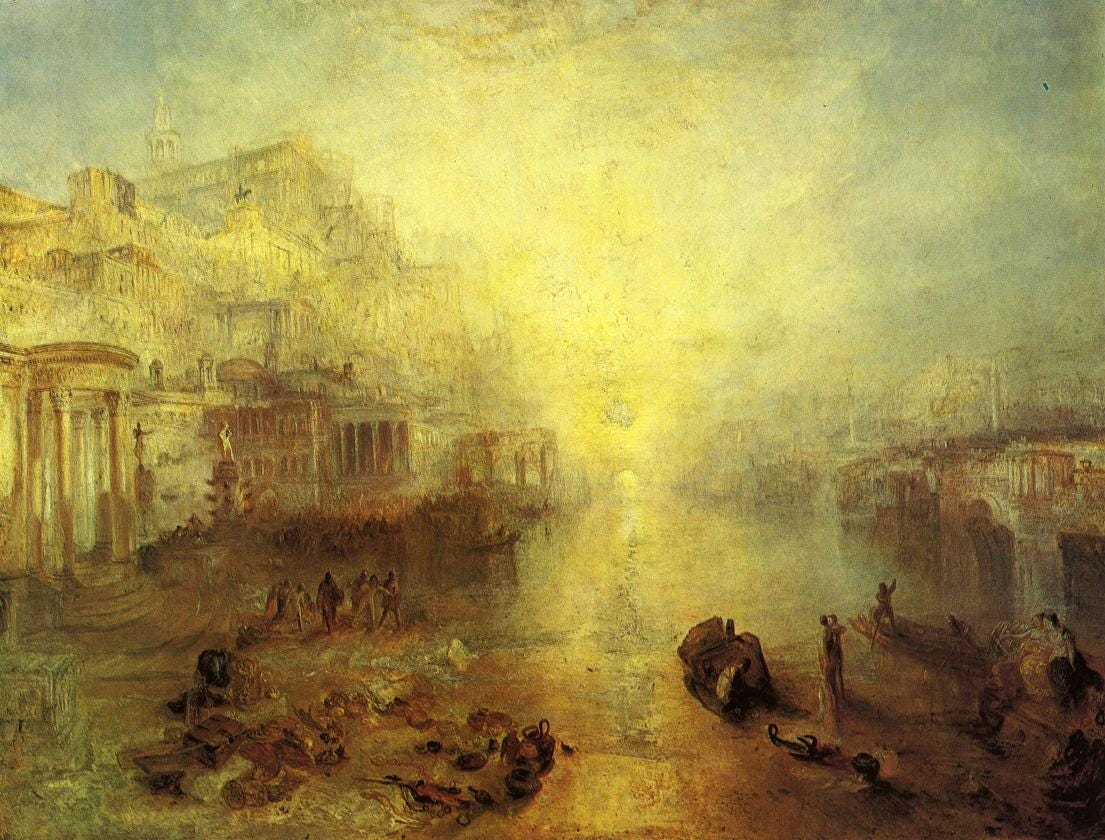Short Story: Exiles
The great Roman poet Ovid was exiled to Tomis on the Black Sea by the Emperor Augustus in AD8. Antonia Senior takes us into a sensuous world of intrigue amongst the Julio-Claudian dynasty.
The poet eases his tongue into her mouth. He probes. She lets him. He pulls back, and she can see his eyes, watery and squid-ink dark. She closes hers, and presses her lips together into a thin line.
‘How strange,’ she hears him say. ‘How strange you are.’
He puts his wrinkled, old man hands on her.
In he comes again, his tongue tip-tapping at her teeth. She lets it in, feeling him push deeper. He finds the puckered stump, licking at it. She feels it all the way down to her toes. His tongue swirls fatly in that space where her phantom tongue lies – the ghostly part of her that itches and twitches, and probes her teeth for trapped spinach, and when she forgets, so rarely now, wraps itself around silent consonants.
‘I remember you,’ he says. ‘I remember when it happened.’
She nods and opens her eyes so that he can see her sadness. He was always in and out of the house, laughter and glamour snapping at his heels. A treasured guest. An adornment – like a precious vase, or a giant eel, or a thick necklace hung with glossy amethysts.
The poet. Never a neutral epithet.
‘Look, there goes Ovid, the poet,’ said Agrippina when they were little and he was young. The way she said it, the word was a sneer. ‘Look, there goes the poet,’ said Agrippina’s sister Julia, and the way she said it the word was a hymn, an offering. His art was the bridge to the divine. There they were then, the first time she had seen him, peering into a world of adults around the corner of a hedge. Watching the poet spin his lattice of stories, and throw it high and wide above the silent, upturned faces. Watching them caught and tied.
The garden was thick with golden torch-light and the smell of the dusk-drunk roses.
And even then she thought, when is a story a story and when is it just a lie?
The girls’ mother Julia was there, chief among the worshipers. Little Julia had her mother’s face, that sweet oval which tapered down to a pointed chin. They listened to the poet in the same rapt haze, hands clasped. They loved a story. How did they feel later, when their own lives became stories, distorted and told and retold? Stories and lies. Lies and stories.
She had a tongue then. She had said to Agrippina: Your Mother loves him, mistress. Your sister, too. Look.
‘Oh, that woman loves poets,’ said Agrippina. ‘And my sister is a simpleton. But look at my Father.’
She looked, then, at Agrippa. He was restless. Bored. His eyes flickered around the garden, looking for diversion. He caught sight of them suddenly, peering out from behind the hedge. We will be in trouble, she thought, her stomach sinking. But he had smiled, softening that square, Saturnine face. He had winked at them both. He died not long after. The wink was the last thing either had from him. That one, silent snap of an eyelid.
The poet’s voice, loud and sonorous, sang on.
No. That can’t be right. Agrippina was a toddler when Agrippa died. She is confusing two different days. Even the stories our memories tell us are tricky and full of lies. Agrippa’s wink came earlier, much earlier. She has hoarded it. The day she is thinking of, the first time she saw the poet, it must have been Agrippina’s step-father, Tiberius, who sat there with an irascible face. He hated the modern poets, particularly this one. He thought poems should be formal and full of divine fire. Yes, he hated this poet, and his playful obsession with love and mortal life in all its beauty and ugliness.
Tiberius then. Sitting in Rome waiting for everybody he hates to die.
Keep reading with a 7-day free trial
Subscribe to Aspects’s Substack to keep reading this post and get 7 days of free access to the full post archives.


